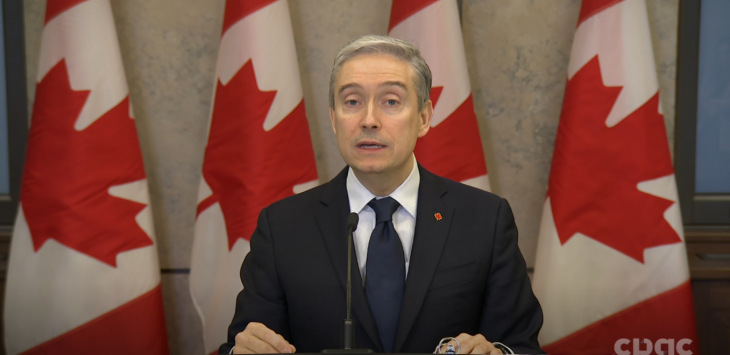
By Ahmad Hathout
OTTAWA – Innovation Minister Francois-Philippe Champagne said his government supports a bill that would require telecoms to clearly state what internet speeds customers should expect during peak periods.
Bill C-288, which was introduced by Conservative member of Parliament Dan Mazier, requires that telecoms clearly state what “typical” speeds subscribers should see during high congestion periods. The providers typically market the theoretical top end of the range of what to expect.
“The Government of Canada supports Bill C-288 as it reinforces the actions underway to improve broadband performance transparency for Canadians,” Champagne said in response to a petition carried by Mazier urging the government to make speeds more transparent.
“The Government of Canada is committed to protecting consumer rights and ensuring they have the information they need to make informed decisions about their purchases of telecommunications services,” Champagne added.
The bill requires the CRTC to hold proceedings to determine the implementation of the bill.
Champagne noted that cabinet’s new policy direction to the CRTC requires the regulator to “take measures to promote clarity and transparency of pricing information and service plan characteristics in service providers’ marketing materials so that consumers can better understand their choices in the Internet market.”
Mazier said during a House hearing that the policy direction doesn’t go far enough to address the explicit asks in his bill.
The minister also said is his reply that the Commission for Complaints for Telecom-Television Services (CCTS) is available to field concerns about those issues. The head of the CCTS, Howard Maker, said at a House hearing on the bill that the watchdog fields complaints about customers not getting the speed they were promised. He recommended that the bill’s transparency requirement be required on contracts, which he said would aid the CCTS in those complaint cases.
The bill is in third reading in the House, where it received support from multiple parties during debates last week. If passed, it would go to the Senate for consideration.



